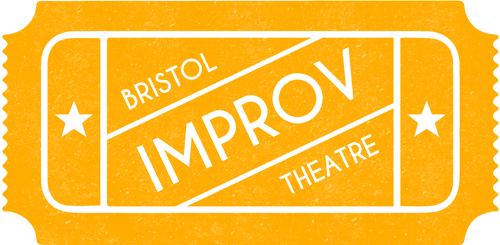The Bristol Improv Theatre (BIT) is doing work to become more accessible for Disabled people. To start this work we are getting an access audit from the disability organization WECIL: https://wecil.org.uk/. WECIL wants to hear the experiences of Disabled people who have used the BIT or have tried to use the BIT but couldn’t because of its inaccessibility.
If you don’t consider yourself to be disabled but do have accessibility needs we would like to hear from you too. Accessibility needs mean needs such as mobility needs, speech impediments, needs around neurodiversity, as well as many others.
This is survey is anonymous and all questions are optional (though you are welcome to share your name if you want to.) The answers will be handled by a Disabled volunteer who is a member of the BIT community, Emma Geen. They will then be shared with WECIL and turned into a summary the BIT team can use to guide its future work.
If you have any questions, need support to go through the survey, or would like to do the survey on paper or over the phone you can get in touch at: [email protected] or 07936617158
The deadline for this survey is May 20th 2024. If you have comments you want to share after that date we’d still love to hear from you through the email or phone number above.
Jargon Buster
Access audit: This is when people who have a good understanding of the needs of Disabled people look at a building to say what changes are needed to meet those needs. For example, they might explain how to best make changes so a wheelchair user can use a building.
Accessible: When a Disabled person can use or take part in something because their needs have been met.
Accessibility: Whether something is accessible or not.
Anonymous: When a person’s words and actions are shared in a way that means no one knows they come from them. Anonymity is when you are being anonymous.
Barriers: Something that gets in the way of a person having their access needs met.
Communications: Sharing of information. This includes talking, websites, emails, newsletter and over the phone.
Contact details: An email or phone number that lets us get in touch with you.
Inaccessible: When something doesn’t meet a Disabled person’s access needs.
Jargon buster: A list of explanations for the words that might not be accessible to everyone.
Optional: When you choose whether to do something. In this case it means you choose what questions to answer and don’t have to answer the others.
Mobility needs: When someone has accessibility needs due to not being able to move as easily as some people, for example if they are a wheelchair user.
Neurodiversity: When people think in ways that society thinks of as being different from many people.
Speech impediment: When speaking is difficult or not possible due to things such as having a lisp.
Steering group: A group of people who help guide a piece of work by giving advice and ideas.
